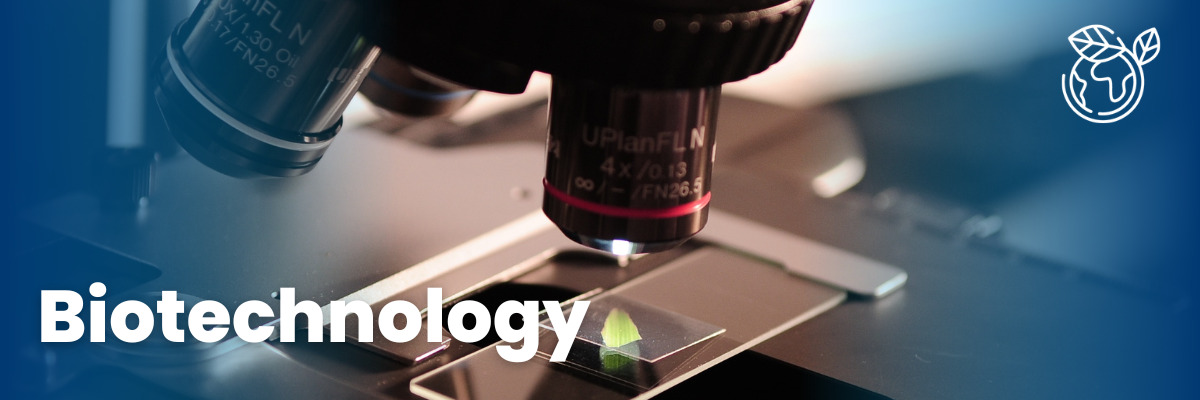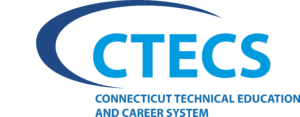
Program Description
Biotechnology is the manipulation (as through genetic engineering) of living organisms or their components to produce useful usually commercial products (as pest resistant crops, new bacterial strains, or novel pharmaceuticals) and thus improve the lives of living organisms.
Primarily a lab-based program, students explore the fundamental principles of biotechnology, career pathways and biotechnology business applications (medical, pharmaceutical and agricultural, as well as green energy). Topics of study include: DNA, RNA and protein technologies; microbiology; genetic diagnostics; health care and pharmaceuticals; food processing (GMOs); fermentation technology; energy and environmental management; plant tissue culturing; forensic science; cloning; stem cells; and bioethics. Laboratory activities reinforce concepts and principles presented. Students will also become proficient in nontechnical skills required for careers in biotechnology including formulating hypotheses, experimental design, interpreting data, discussing and communicating scientific results and record keeping.
For more information about our programs please view CTECS Program of Studies.


